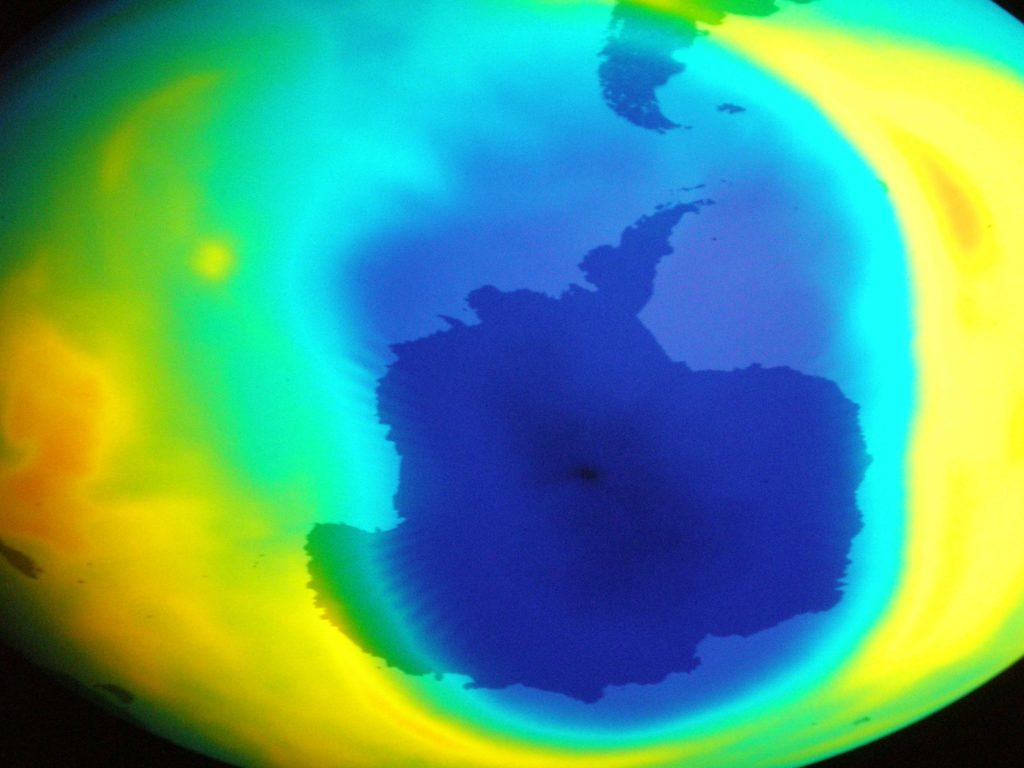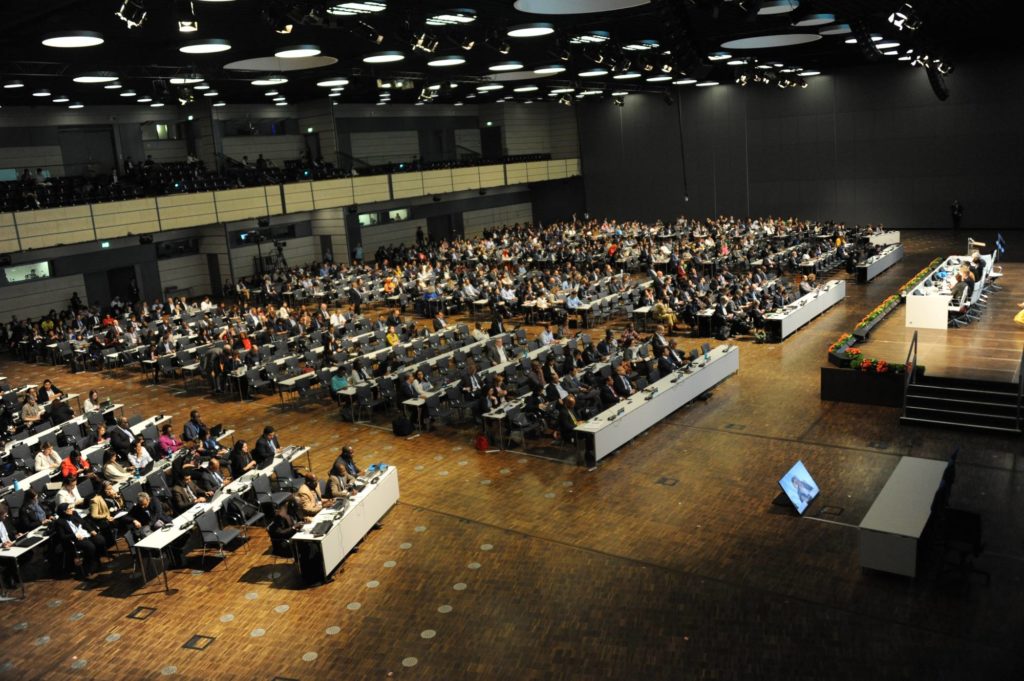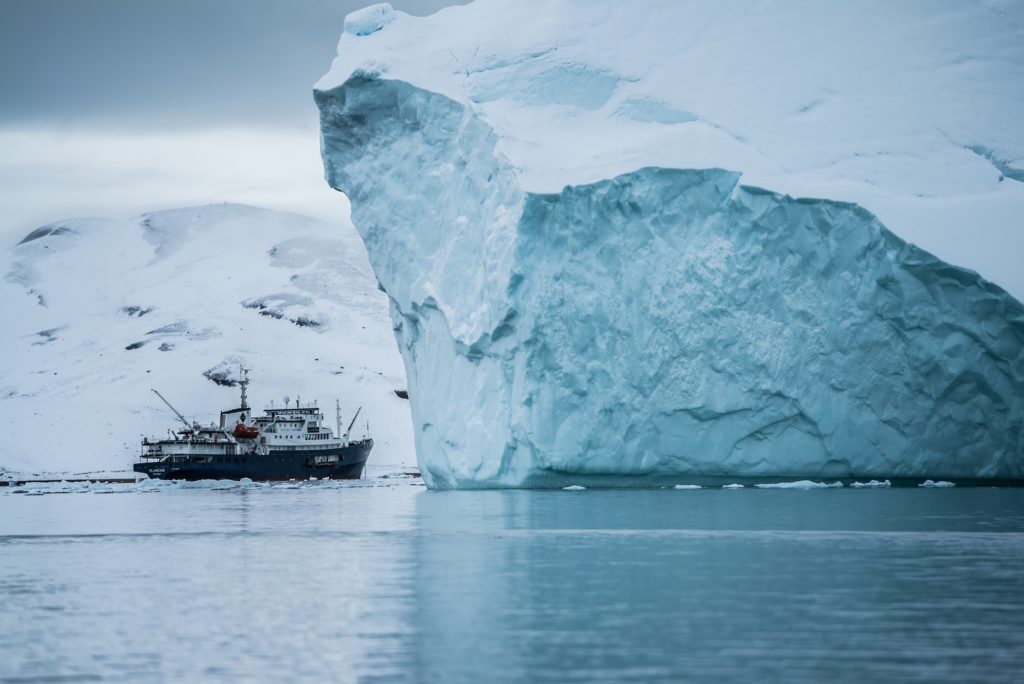
Climate Week NYC 2018
UNFCCC Executive Secretariat Patricia Espinosa will deliver a keynote speech today, September 24th, to kick-off the 10th annual Climate Week NYC, where government ministers, investors,

UNFCCC Executive Secretariat Patricia Espinosa will deliver a keynote speech today, September 24th, to kick-off the 10th annual Climate Week NYC, where government ministers, investors,

Climate change is linked to some of the most pressing security challenges of our time, but the complex relationship between climate change and conflicts is far from being untangled. A new Sweden-led research collaboration aims to investigate the security implications of climate change.

The Global Climate Action Summit held in San Francisco provided local leaders with a powerful platform to raise their voice, urging national governments to do more and better to tackle climate change ahead of 2020.

The theme of the 2018 World Ozone Day, which is marked every year on 16 September, is Keep Cool and Carry On, a “rallying call urging all of us to carry on with the exemplary work under the Montreal Protocol”.

The extra round of negotiations to define the rules of the Paris climate agreement closed in Bangkok without satisfactory steps forward on the rulebook due to be adopted at COP24 in December. “We cannot allow Katowice to remind us of Copenhagen”, UN Secretary-General Antonio Guterres said.

The extraordinary session of UNFCCC negotiations to step up progress on the Paris rulebook opens on September 4 in Bangkok. The summit will last five

In mid-August, the leading Polish trade union confederations met in Katowice to discuss climate policy and work out a shared position in preparation of the UNFCCC COP24 conference in Poland in December.

A new study claims that fossil fuel subsidies are a burden for national budget and for the environment. Carbon pricing should be introduced, instead, as a solution to drastically reduce CO2 emissions and obtain financial resources to address sustainable development.
While traditional economic models consider human beings as rational agents that maximize their pleasure (or “utility”), Behavioural Economics questions the rationality of people’s decisions. How can governments promote environmental policies more efficiently? We selected four policy insights from the Behavioural Economics literature.

The end of 2018 is a crucial date for the implementation of the climate agreement adopted in Paris in 2015 and currently ratified by 178 countries. At COP24 in Katowice, Poland, countries are due to finalized and adopt the operational guidelines of the treaty, also known as “the Paris rulebook”.

Oceans are facing increasing pressures: biodiversity loss, pollution, over-exploitation and illegal activities; and diverse impacts of climate change, such as ocean warming, acidification and rising sea level, are increasingly alarming. From the headquarters of international organizations as well as in the most vulnerable and ocean dependent countries, it is acknowledged that it is time to change the way we manage oceans and their resources in order to keep them healthy, productive, safe, secure and resilient.

An article by James Rising* Grantham Research Institute on Climate Change and the Environment, London School of Economics *The article has been published on the new